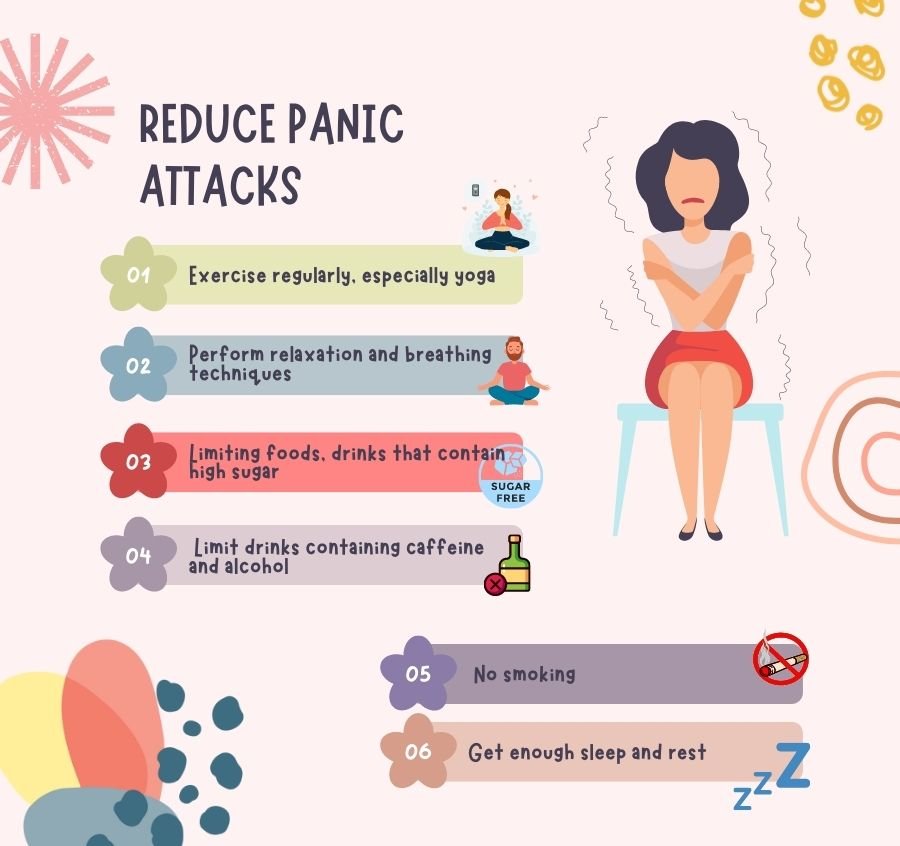Here are a few ways how you can manage a panic attack

Panic is an extreme feeling of anxiety that happens suddenly. Without warning and, frequently, for no apparent reason, it manifests itself in the form of a panic attack. Intense worry causes these episodes. This causes your heart to pound, knees to weaken, and sometimes your limbs to go numb.
Panic attacks can make breathing difficult. It also creates chest pain and dizziness, leading you to believe that you are about to have a heart attack. Although a panic attack may only last a few minutes, it leaves you feeling terrified and unsettled.
If you or someone you love is having a panic attack, here are some ways to manage it:
Recognize that you’re having a panic attack
Recognizing that you have a panic attack relieves your fear of death. It reminds you that your feelings are only temporary, allowing you to focus on your breathing. This is the first step toward calming yourself down during a panic attack.
Breathe
Deep breathing can help you handle a panic attack. Panic attacks can result in fast breathing, and chest tension can produce shallow breathing. This type of breathing might worsen anxiety and stress.
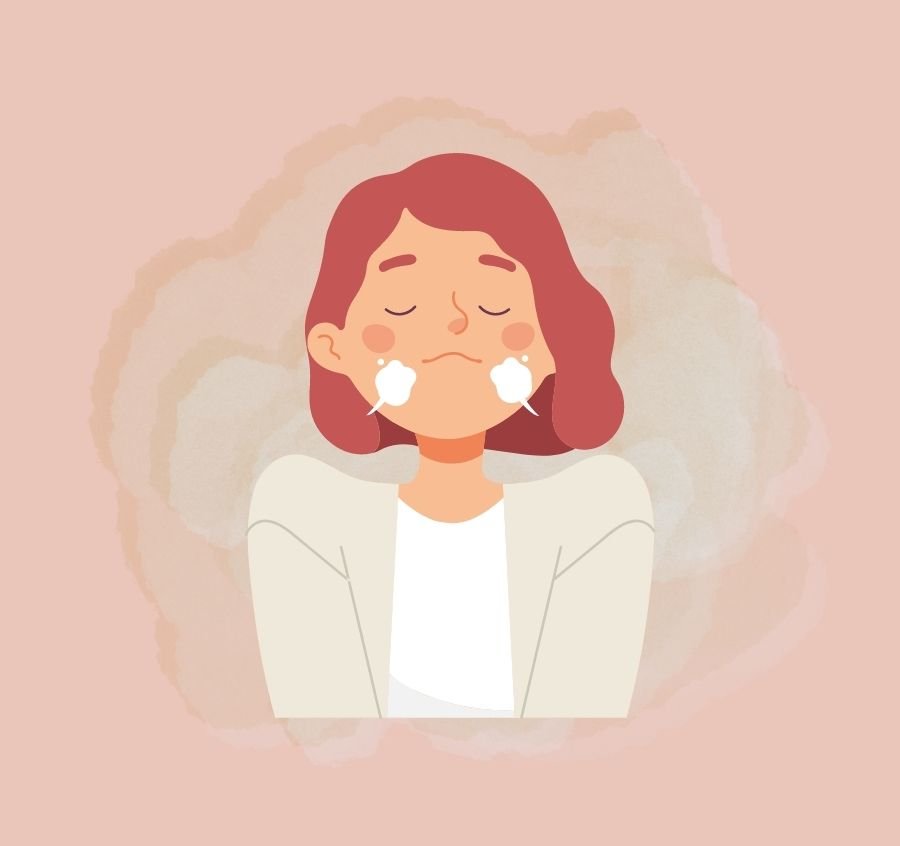
Instead, attempt to breathe slowly and deeply, focusing on each inhalation. Breathe deeply from the abdomen, slowly and gradually filling the lungs while counting to four on both the inhale and exhale.
Find a peaceful spot
Frequently, sounds and sights can make a panic attack worse. Try to locate a more peaceful area if at all possible. It might include leaving a crowded space or stooping to lean against a nearby wall. Concentrating on breathing and other coping mechanisms will be easier if you are in a calm environment.
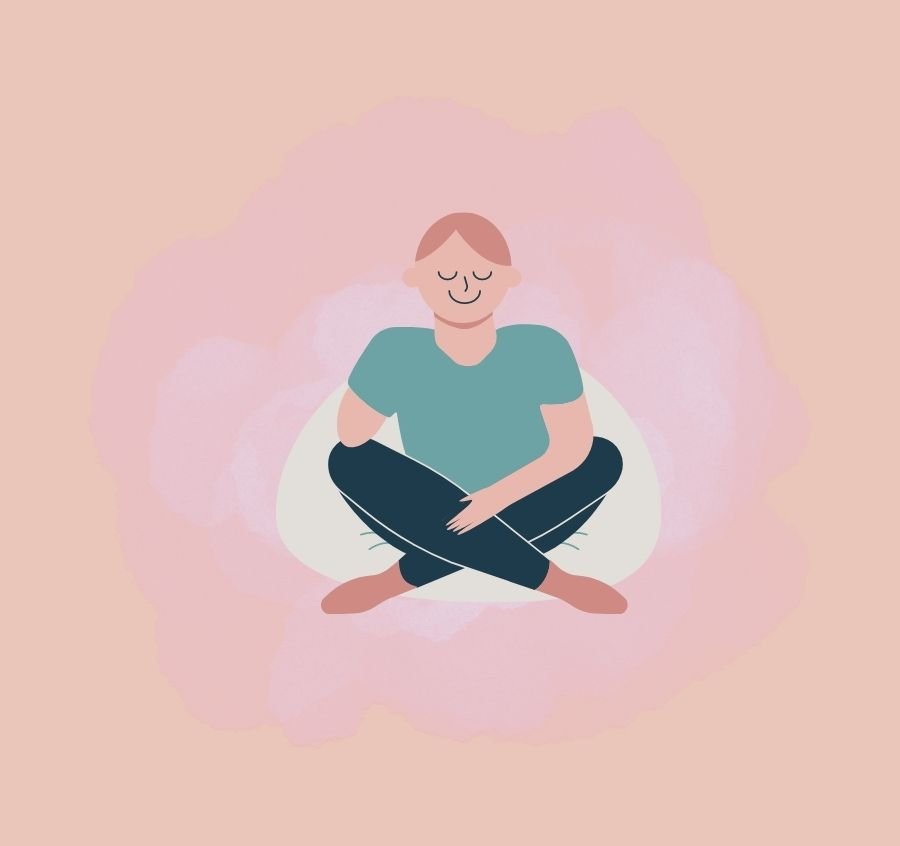
Find a focus object
Clearing your mind by focusing on anything close by can be effective. You could, for instance, concentrate on a building and observe its color, patterns, and shape. Keep your attention on the target to keep you rooted until the panic attack passes. If you frequently get attacked, you might want to take something with you that is designed for this purpose.

Always keep calming essential oils on hand
The lavender essential oil has long been used to reduce tension and anxiety. Though essential oils are not a substitute for expert mental health care, they can help alleviate symptoms. Simply massage a small quantity onto your wrist or hand and inhale the aroma.
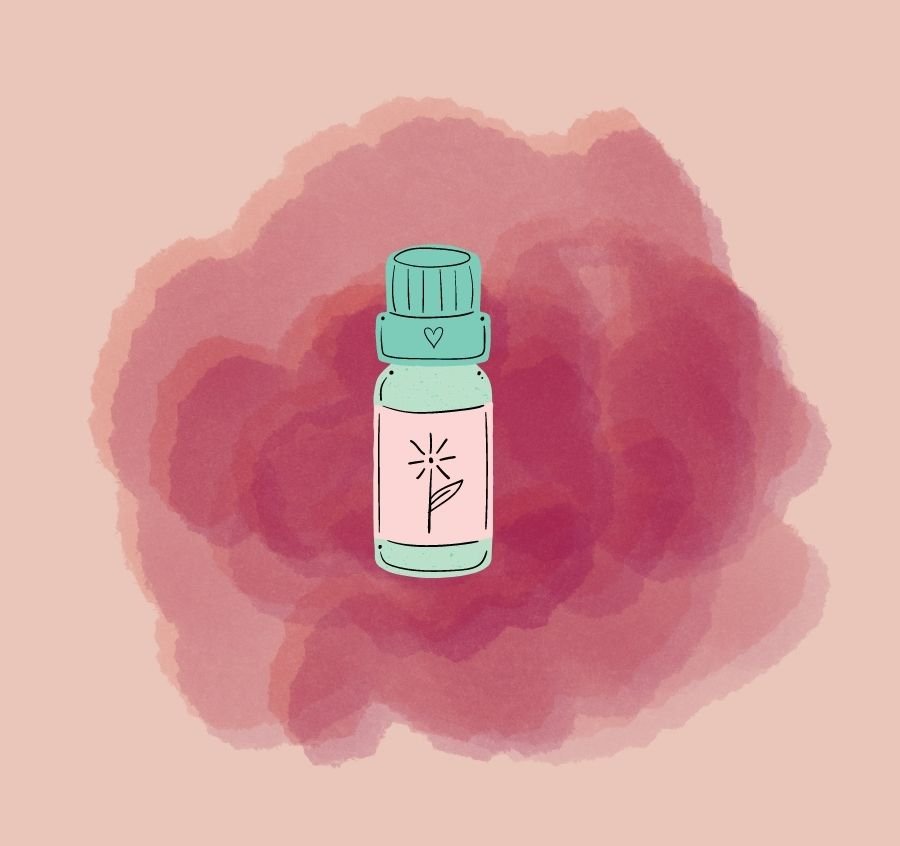
Count on a friend
Have somebody you can call during panic episodes to help you calm down. A single text or phone call could be enough to wake you out of your trance.
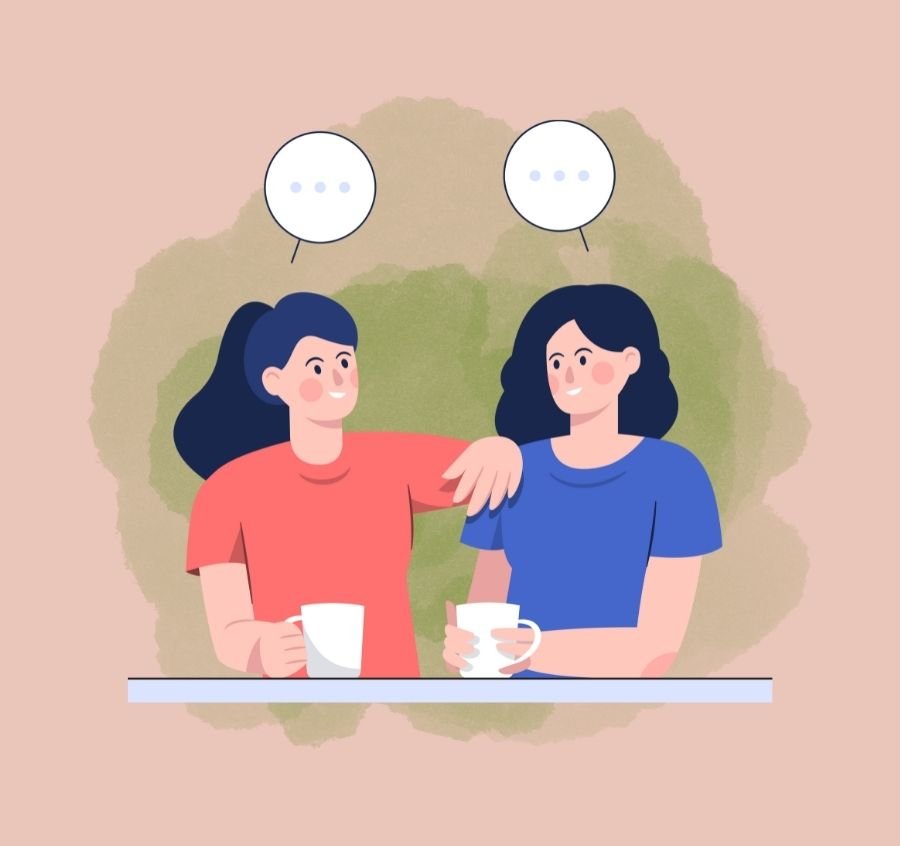
Think of a happy place
Your happy spot is somewhere you feel comfortable and at ease. Close your eyes and visualize this location right before a panic attack begins. Consider how at ease you would feel if you were there. Remembering this will help you relax and return to a regular heart rate and breathing pattern.

Recite a mantra
A mantra is a phrase or word that can help you focus and find strength. A mantra can help you ground yourself and escape a panic episode. “This will pass,” for example, or “I am not worried.” Slowly repeat this to yourself as you take deep breaths and calm your body.
